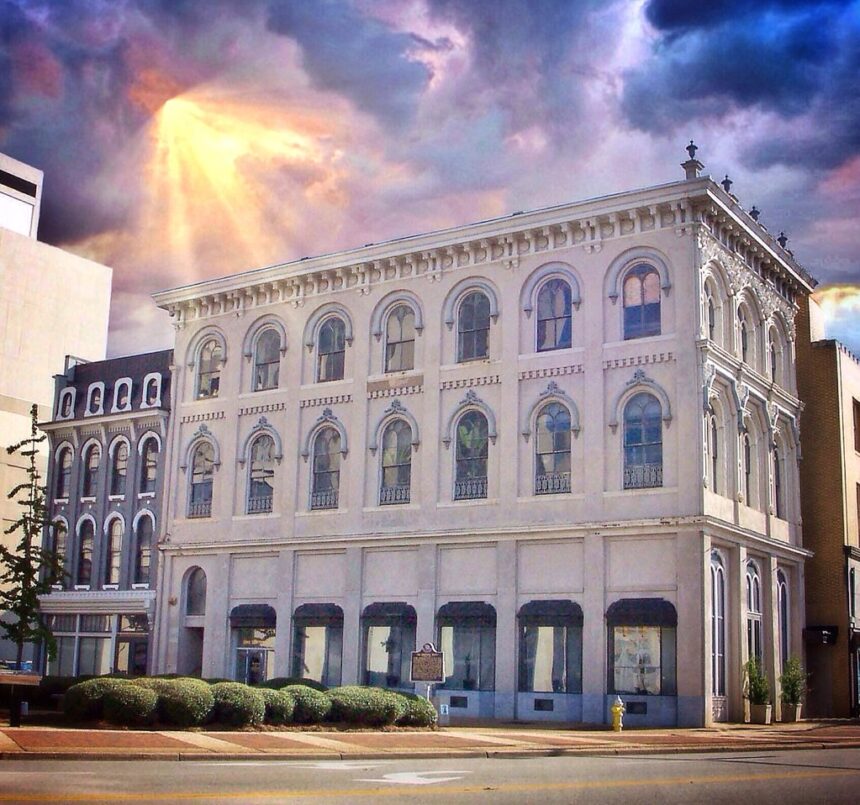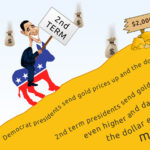Over the last year, the Venezuelan bolivar lost 24 percent of its value compared to the US dollar. This has exacerbated the ongoing economic problems in the country.
The official exchange rate of the Central Bank of Venezuela, set in the past eight weeks only, has fallen from 36.7 to 45 bolivares for every dollar.
The sharp drop in bolivars is due to a growing mistrust of the currency’s stability. This has been exacerbated by the increasing political and economic uncertainty that the country faces following the election on July 28th.
Venezuela’s currency depreciation
Venezuela’s next elections are a source of uncertainty, which has led to the most volatile market in nearly ten months.
Businesses that had previously traded in bolivars are switching back to other currencies as the confidence in this currency wanes.
According to Aldo Conreras, economist, over 60% of all transactions still take place in bolivares. This is a marked drop compared to the 76% that were made two years earlier.
Businesses that rely on dollar costs and imports are also affected by the bolivar’s rapid depreciation, resulting in financial losses.
The Central Bank of Venezuela has invested $60-$70 million in the foreign exchange markets to try and stem the flow. However, experts say that this only addresses the symptoms, not the root causes, for the bolivar’s fall.
Euro gains ground in Venezuela
The euro has become a popular currency in Venezuela as it struggles to deal with its currency crises.
Businesses are choosing to charge in euro to avoid disparities between the official dollar rate and the black market dollar rate due to the unpredictable exchange rates, and the government’s restrictions on the parallel market.
The official rate of exchange for the US dollar on November 15 was VES 45,5. However, the parallel rate at VES 53,5, a difference of 17.5%.
Growing Euro-dominance is an indication of a widespread mistrust in the bolivar as well as the dollar.
From December 2023 until November 2024, the exchange rate of the euro rose by 20,75% and the rate against the dollar by 24 %.
Businesses may adjust prices in order to compensate for currency fluctuations, which could result in a 16 percent price hike.
ICD created this chart using Venezuela Central Bank data
The reason behind the bolivar devaluation
Multiple economic factors are responsible for the bolivar’s demise, such as political instabilities, an increasing money supply and a lack credibility of credit systems.
Investor confidence is further undermined by the Central Bank’s inability to adopt transparent and effective policies.
Contreras stresses that strategic investments abroad, as well as a transparent and coherent approach to the bolivar’s monetary policy are essential to restore confidence.
Venezuelan economy is vulnerable to instability if these steps are not taken.
Devaluation is impacting not only businesses, but also consumer behaviour. Economists expect a drop of 20%-30% in holiday sales as Venezuelans cut back on spending due to rising prices and decreasing resources.
Many people are now demanding that transactions be made in foreign currency or they convert their savings to dollars. This further distorts the local market.
Venezuela faces a vast array of economic problems, including a decline in the bolivar as a result of economic and political instability. Venezuela must implement comprehensive reforms to reverse its downward spiral. These include stabilizing the economy and attracting foreign investment.
The outlook for stability and economic growth is bleak without such reforms.
Both domestic and international stakeholders are closely watching Venezuela’s policymakers as they navigate the post-election transition.
The post Venezuelan bolivar falls 24% in value against the US dollar: Here’s Why may be updated as new information becomes available.
This site is for entertainment only. Click here to read more






